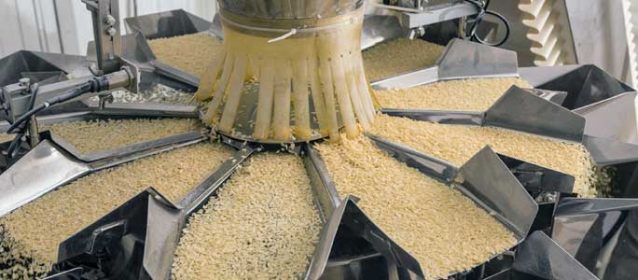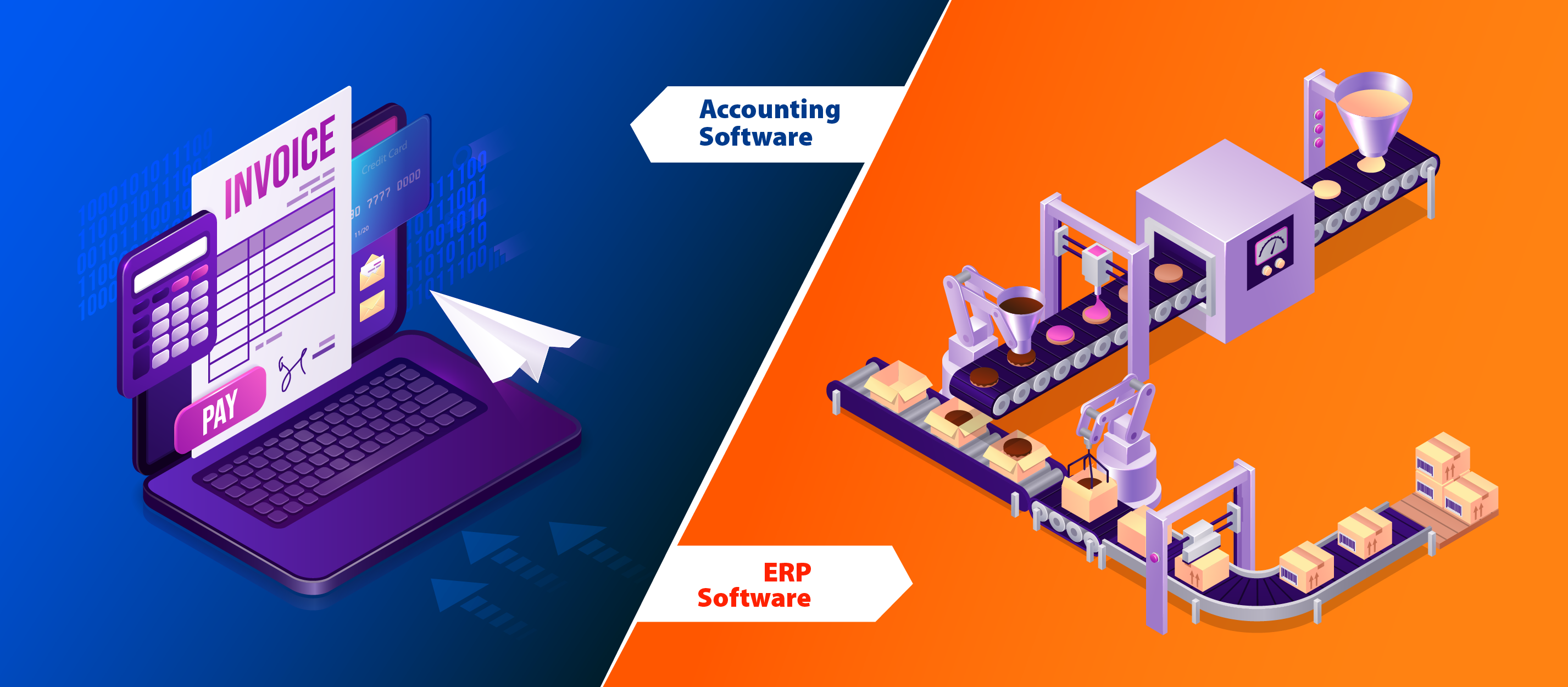
The food processing industry is explosively growing at a global double-digit growth rate in recent times. There are a number of factors that have contributed to this exponential growth.
Rapid urbanization and a reasonable growth in the disposable income is one of the prime reasons, as the rising middle and aspirational class has created a huge demand for convenience food (ready-to-cook and ready-to-eat food), thus giving a massive push to the food processing industry.
Then there are other reasons too, such as the availability of raw materials in abundance, cheap labor, changing consumer preferences, technological advancements, etc., all of which have acted as a catalyst for this growth.
Pricing and product innovations too have propelled this growth, as the leading industry brands are increasingly coming up with some good marketing, and smart packaging, apart from experimenting with the general appearance, sizes, and the flavors of the food products, to capitalize on these growth opportunities.
But it’s not that this growth has come easily to the manufacturers, as they have braved several challenges in order to achieve it.
The increased demand for processed food has also created the need for safer and more value-added products.
Then there are the supply chain bottlenecks, operational & cost pressures, regulatory challenges, and the demand/supply gaps, which the food processors are required to deal with among other challenges.
Despite these challenges, how have the food processors managed to leverage the positive growth environment?
The answer lies in the flexibility they achieved in food processing and other operations. But what exactly is that flexibility?
This blog endeavors to explain how flexible food processing is driving the double-digit revenue growth, and how an ERP has been at the core of it. But before that, it explores in brief food processing and its different techniques.
Food Processing in Modern Times
Dating back to the prehistoric ages, food processing can be defined as the set of techniques used to transform raw ingredients into food, or food into other forms, so that it can be preserved and kept available for human/animal consumption for a longer duration.
While earlier the techniques such as fermenting, sun drying, preserving with salt, and various types of cooking (such as roasting, smoking, steaming, etc.) were commonly used for food processing, approaches such as food irradiation, adding preservatives, high-pressure processing, radio frequency treatment (RFT), pulsed electric field technology, ultra-sonic spray nozzle system, and light-based technology, among others, are prevalent in modern times.
The technological advancements in the field of food processing brought to the fore these new techniques, which are much more effective in increasing the longevity of the food products than their predecessors.
Using them, the food processors can offer fresh and safe foods without affecting their taste, appearance and nutritional properties, thus keeping up with the latest buying trends and serving the customers’ need of having minimally processed, and healthier products.
The consumers are increasingly opting for food products that don’t have any added preservatives, and that are processed and packaged without harming the environment or the animals.
So, advanced and flexible food processing is helping food processors tick all these boxes and serve the customers in the best possible manner.
But, what is flexible food processing?
In order to beat the aforementioned odds & challenges, and attain the double-digit growth, the food processors need specific tools, and capabilities, which lend them flexibility in their operations.
That flexibility is nothing but the ability to switch from one product, package or label to another, and to trace in the food production line due to frequently changing consumer preferences.
The consumers today have tremendous awareness levels, and they want to know how the food products they buy are procured, processed, and packaged, and what do they contain.
The only way the food manufacturers and processors can share this information is by having end-to-end traceability.
With traceability, food manufacturers and processors can track the movement of various food products, raw materials, additives, other ingredients and packaging throughout the different stages of production, processing and distribution by recording and proper documentation.
This results in improved operational efficiency, assured quality, better brand credibility, lower risk of legal issues, timely error prevention, speedy recalls, reduced downtime, and increased inventory visibility, among others, for them.
Coming back to the flexibility in food processing, another key component of it is the use of automated processes, which play a critical role in improving the operational efficiency, supply chain transparency, and visibility into the business operations.
This, in turn, results in the creation of new revenue streams, and eventually, increased profitability for the businesses.
Optimized resource management, yield improvement, reduced security risks, improved productivity, enhanced asset utilization in the production, and cost-efficiency in the throughput, are other benefits of flexible food processing that the food manufacturers are reaping.
ERP helps achieve flexible food processing
To bring in flexibility to food processing, food manufacturers must have the right capabilities. They need to have the traceability, automated processes in place, and advanced analytics to make better-informed business decisions, among others.
And, they need to have an IT tool in place, which integrates all these capabilities, and supports them to the core, so as to drive the growth. That IT tool is the ERP for the food processing industry.
A food processing ERP software comes loaded with all the requisite functionalities that lend flexibility to your food processing business.
Its advanced analytics and Business Intelligence (BI) functionalities add value across the business, and integrate analytics into key business processes to improve decision making, and identify opportunities for improving efficiency.
Additionally, through its lot-tracking capability, an ERP for food processing industry enables the food processors and manufacturers to effectively automate and integrate traceability across their supply chains.
Having complete visibility into the upstream and downstream supply chain, the food manufacturers can easily track where the non-conformity happens and recall the affected product lots.
These capabilities earn food processors greater trust and confidence from all the stakeholders, namely the retailers, consumers, auditors, regulators, and inspectors.
This trust eventually translates into higher market share among distribution channels and consumers, and greater profitability.
Furthermore, a food processing ERP software also helps automate a number of processes, apart from ensuring that the right materials and machines are available for production at the right time.
ERP for food processing industry automates procurement of raw materials and their maintenance, tracking of supplies that are purchased, and maintenance and scheduling of the machines, as well.
Moving ahead, many food & beverage manufacturers are likely to invest in technological advancements of their production processes, or in other words, look for ways to achieve flexible food processing.
This includes the use of a combination of ― the modern food processing techniques, automated processes, and an advanced IT tool such as an ERP to support them all.
Closing thoughts: The food processing industry is booming, thanks to the use of a combination of modern & ‘food-safe’ processing technologies as well as advanced and flexible food processing, which involves specific capabilities like automated processes, traceability, and advanced analytics.
And, a food processing ERP software has been the engine behind this growth.
It supports the aforementioned as well as the other aspects of a food processing business like regulatory compliance, planning, inventory management, warehouse management, etc.
One such modern ERP is BatchMaster ERP for Food & Beverages, which has been transforming food businesses through its range of industry-specific and micro-verticalized software for over 30 years now. Write to us at sales@batchmaster.com for free demo and consultation.




















